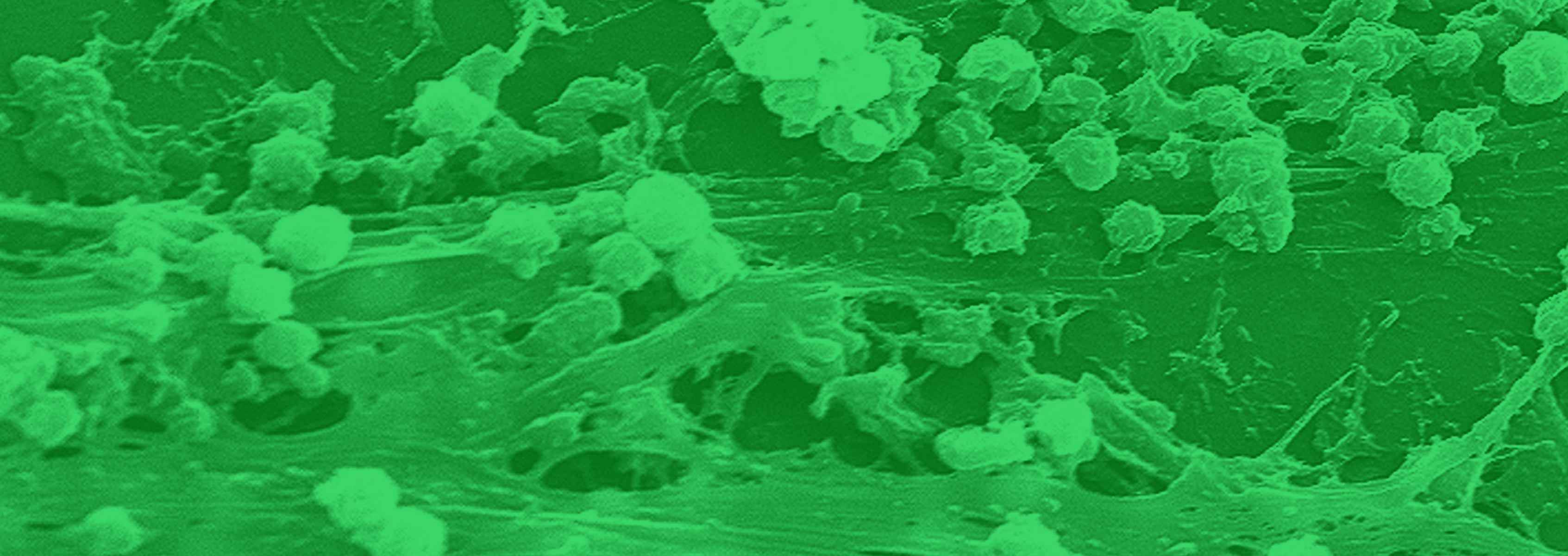Complex Microbial Communities Residing in Urethral Catheter Biofilms Cause Chronic UTIs

Millions of catheter-associated urinary tract infections (CAUTIs) are contracted in the world’s hospitals and nursing homes each year. Urethral catheter biofilms are a milieu in which members of the Enterobacteriaceae family exchange genetic material which may ultimately result in pan-antibiotic drug resistance, one of the most serious threats to public health in the 21st century.
We use the abovementioned methods to identify and characterize cohabitating pathogens on catheter surfaces and their interactions with the host environment using clinical samples. Our data suggest that long-term catheterization elicits a chronic immune response that ultimately fails to eliminate pathogens in the biofilm. Intermittent antibiotic treatment does not prevent recolonization of indwelling catheters. We use Systems Biology approaches to identify molecular targets that weaken the ability of mutualistic pathogens to interact with each other in a biofilm and to survive the persistent attacks by the innate immune system. We sequence the genomes of multi-drug resistant strains causing CAUTI.